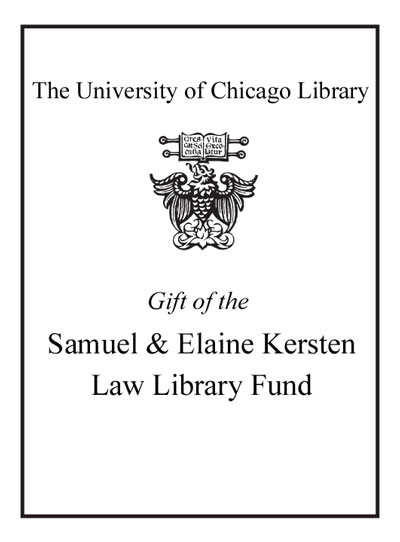| Summary: | The doctrine of State immunity bars a national court from adjudicating or enforcing claims against foreign states. This doctrine, the foundation for high-profile national and international decisions such as those in the Pinochet case and the Arrest Warrant case, has always been controversial. The reasons for the controversy are many and varied. Some argue that state immunity paves the way for State violations of human rights. Others argue that the customary basis for the doctrine is not a sufficient basis for regulation and that there should be codification by way of international convention. Still others argue that even when judgements are made in national courts against other states, the doctrine makes enforcement of these decisions impossible. This book addresses all of these issues by reference to the role of the modern state, and immunity's relationship to the exercise of civil and criminal jurisdiction by national courts. Through a detailed examination of the sources of law and English and US case law, and a comparative analysis of other types of immunity, the author explores both the law as it stands, and what it could and should be in the years to come.
|
|---|

